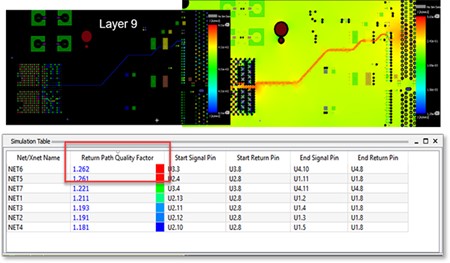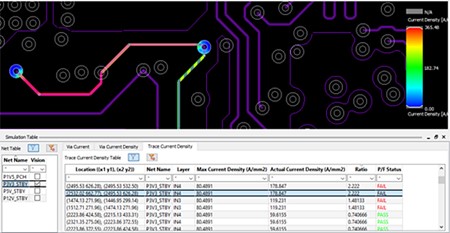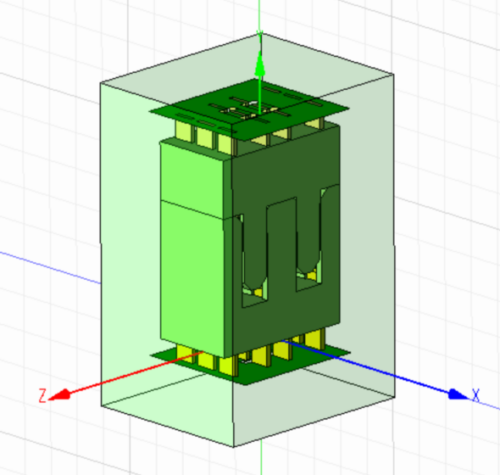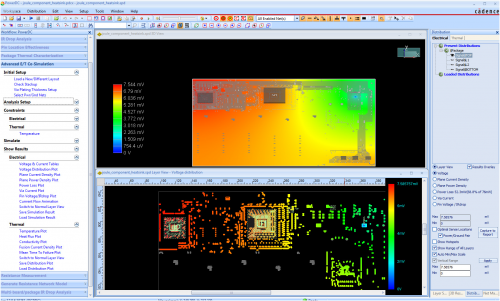Sigrity Aurora
Key Advantages
Cadence Sigrity Aurora provides traditional pre-layout, in-process, and post-layout signal and power integrity (SI/PI) analysis. By integrating with Cadence Allegro PCB editing and routing technologies, Sigrity Aurora users can start analysis early in the design cycle using what-if study scripts to establish more precise design constraints and reduce redesign iterations. .
- creates a link between design and simulation using built-in SI/PI analysis
- tightly integrates the Sigrity analysis engines with the design implementation in Allegro.
- provides fast design verification for signal integrity (SI) issues without the need for any models
- circuit simulation using Allegro system capture
- Reduces time to design success while lowering the cost of the final product
- provides built-in SI/PI analysis within constraint management


Aurora reads and writes data directly to the Allegro database for fast and accurate integration of design and simulation results. Aurora provides a SPICE-based simulator and Sigrity’s patented built-in hybrid solvers for extracting 2D and 3D structures. Aurora supports IBIS behavioral models for power accounting, as well as transistor-level models when needed. High-speed signals can be examined pre-topologically to compare alternatives, or post-topologically for a comprehensive analysis of all associated signals.
A direct current (DC) power integrity (PI) analysis can help you evaluate the voltage level, voltage drop, or current density in the circuit between source and sink. The results can be visualized in the Allegro workspace. Designers can change designs and quickly see the impact of their changes without even leaving Allegro PCB Designer.
Distinctive features
- using preset boundary condition paths guides the user to successfully simulate voltage drop, crosstalk and reflections
- detects design errors at an early stage to reduce the number of project reruns and increase the success of the first iteration
- improves product performance by exploring possible solutions
- explores alternative topologies early in the design process
- allows the user to connect to an Allegro PCB Symphony Team Design work session and perform power and signal integrity (SI/PI) analysis without creating a copy of the design



